Months after announcing a tentative alliance, Rivian and Volkswagen firmed up their relationship Wednesday, announcing that the German automaker is making a nearly $6 billion investment into the U.S. EV start-up. The news sent Rivian shares surging after they had fallen by as much as two-thirds their 52-week-high in recent months.
Volkswagen confirmed Wednesday that it’s investing $5.8 billion into U.S. EV maker Rivian, taking to the next level a partnership they first announced last June.
The alliance will focus on electrical and software technology which could find multiple applications in future Volkswagen products while also helping improve Rivian’s economies of scale. The deal comes at a critical time for the California carmaker. Rivian last week reported 30% decline in year-over-year revenues for the third quarter, falling substantially short of analysts’ consensus forecast and raising concerns about its ability to fund future product programs.
“The partnership with Rivian is the next logical step in our software strategy,” said VW Group CEO Oliver Blume. “With its implementation,” he added in a statement, “we will strengthen our global competitive and technological position.
The next step
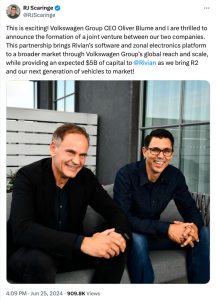
VW Group CEO Oliver Blume and Rivian CEO RJ Scaringe first revealed plans to tie up in a June 26, 2024 tweet.
This week’s announcement didn’t come entirely as a surprise, the new partners first announcing in June that they would team up, with Volkswagen investing an initial $1 billion that could be converted to Rivian shares by this coming December. At that time, they agreed, VW would follow with another $1 billion in 2025 and yet another in 2026.
The latest move increases the size of the investment to $5.8 billion and could help both manufacturers improve their positions in the emerging EV market, better positioning them to take on rivals as diverse as Tesla, General Motors and the Hyundai Motor Group.
“Today’s finalization of our joint venture with Volkswagen Group marks an important step forward in helping transition the world to electric vehicles,” Rivian CEO RJ Scaringe said in the joint statement.”
The details
Under the alliance the two manufacturers will work together on the development of both the underlying electrical architecture that connects the various components of VW and Rivian battery-electric vehicles, as well as the software that controls those EVs.
VW has struggled to come up with the technology needed to make its products competitive. Rivian’s technology is seen as far superior, especially with the upgrades it recently announced. But it has struggled to bring down costs and gain volume for its current product lines, the R1T pickup and R1S sport-utility vehicle.
They could also develop new revenue opportunities by coming up with the technology for so-called “software-defined vehicles.” They could, for example, come up with new features for vehicles already on the road that customers would be willing to pay for.
More VW and Rivian News
- Rivian, Lucid Report Weak Q3 Results
- Rivian, VW Announce Plans to Tie Up
- Fire at Rivian Plant Destroys Dozens of EVs
Scout comes first
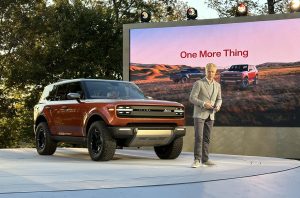
The technology developed through the alliance will show up first on Scout products, CEO Scott Keogh, shown here, has confirmed.
“We’re thrilled to see our technology being integrated in vehicles outside of Rivian and we’re excited for the future,” added Scaringe.
The new Volkswagen Scout brand is expected to be the first to make use of the technology developed through the joint venture, CEO Scott Keogh said following the debut of the subsidiary’s recent debut.
It will launch production of its first models, the Terra pickup and Traveler SUV, sometime in 2026, Keogh said during a media preview in the Nashville suburbs. Scout’s EVs will be assembled at a new plant in South Carolina.
What the deal won’t do
There had been some speculation that the two new partners might take things to the next level. But they stressed that they are not planning to work together on other aspects of vehicle development – such as drivetrain components – and won’t jointly develop or build products.
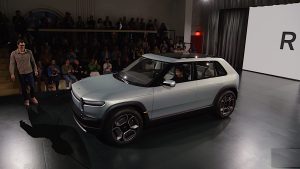
Rivian can clearly use the cash to help develop next-gen products like this R3 SUV shown here in concept form.
That, at least, is the current plan, though some observers said they wouldn’t be surprised if the partners look at other opportunities going forward – especially if Rivian’s fortunes don’t improve.
In its third-quarter financial disclosure, Rivian noted that its revenues fell to $874 million, down from $1.3 billion during the same period a year earlier. It did manage to reduce net losses to $1.1 billion, however, from the year-earlier $1.4 billion. But it has seen its cash horde dwindle, dipping to just $5.4 billion at the end of September 2024.
In a note to investors, Susannah Streeter, head of money and markets at Hargreaves Lansdown, said she saw the closing of the VW investment as a “vote of confidence in (Rivian’s) prospects, as support for EVs in the U.S. faces a more uncertain future, given Trump is returning to the White House.”
Rivian shares jumped as much as 20% following the announcement before settling back slightly. They closed Wednesday at $12.03, the highest level since mid-September – but still well behind the automaker’s 52-week high of $24.62.

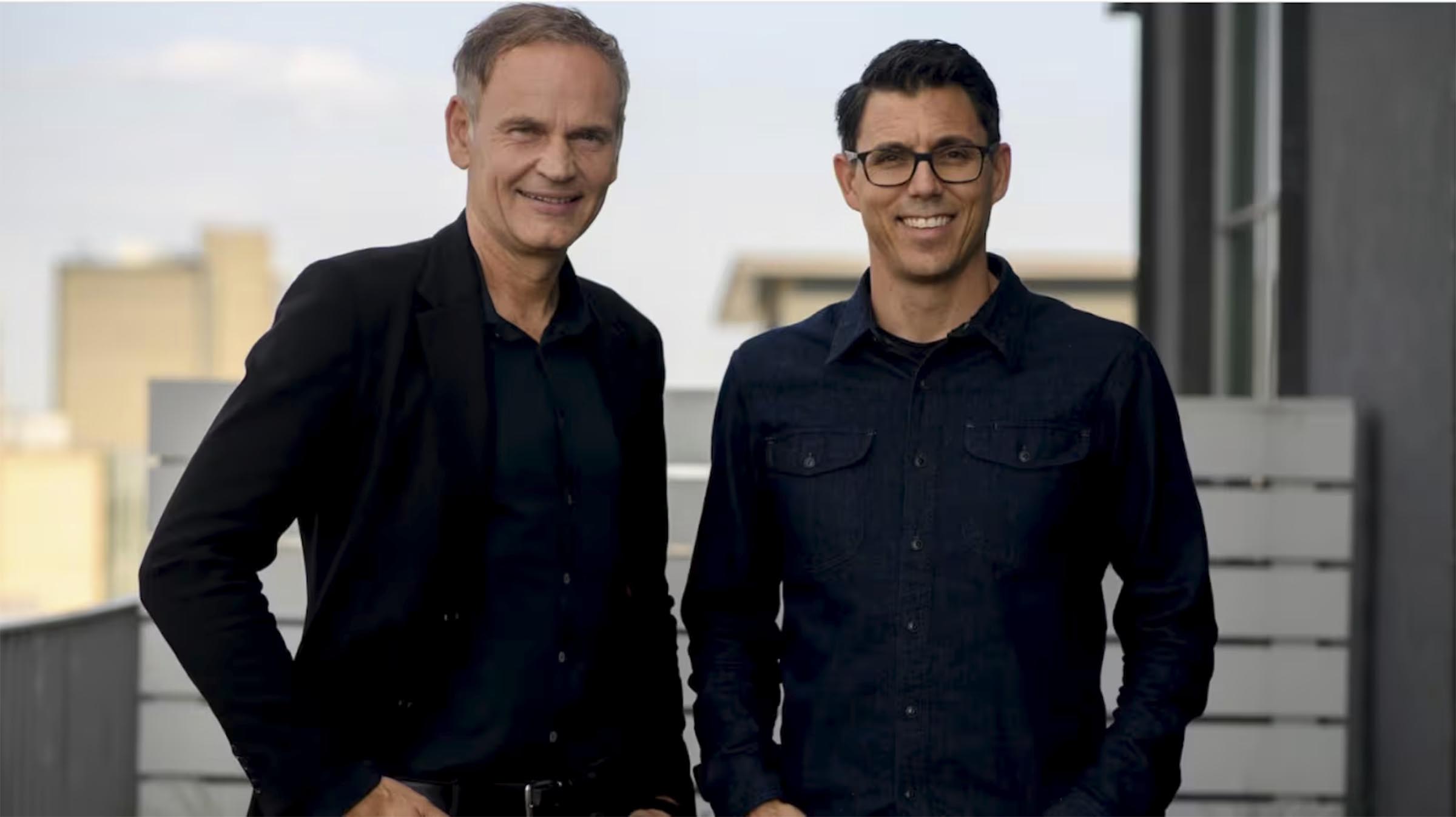




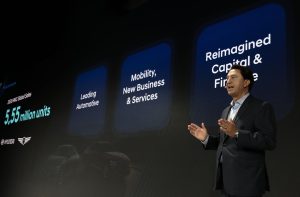
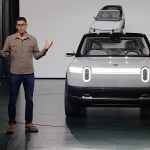

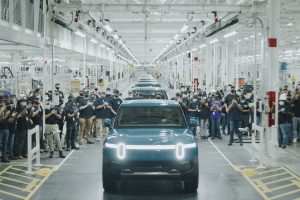
0 Comments